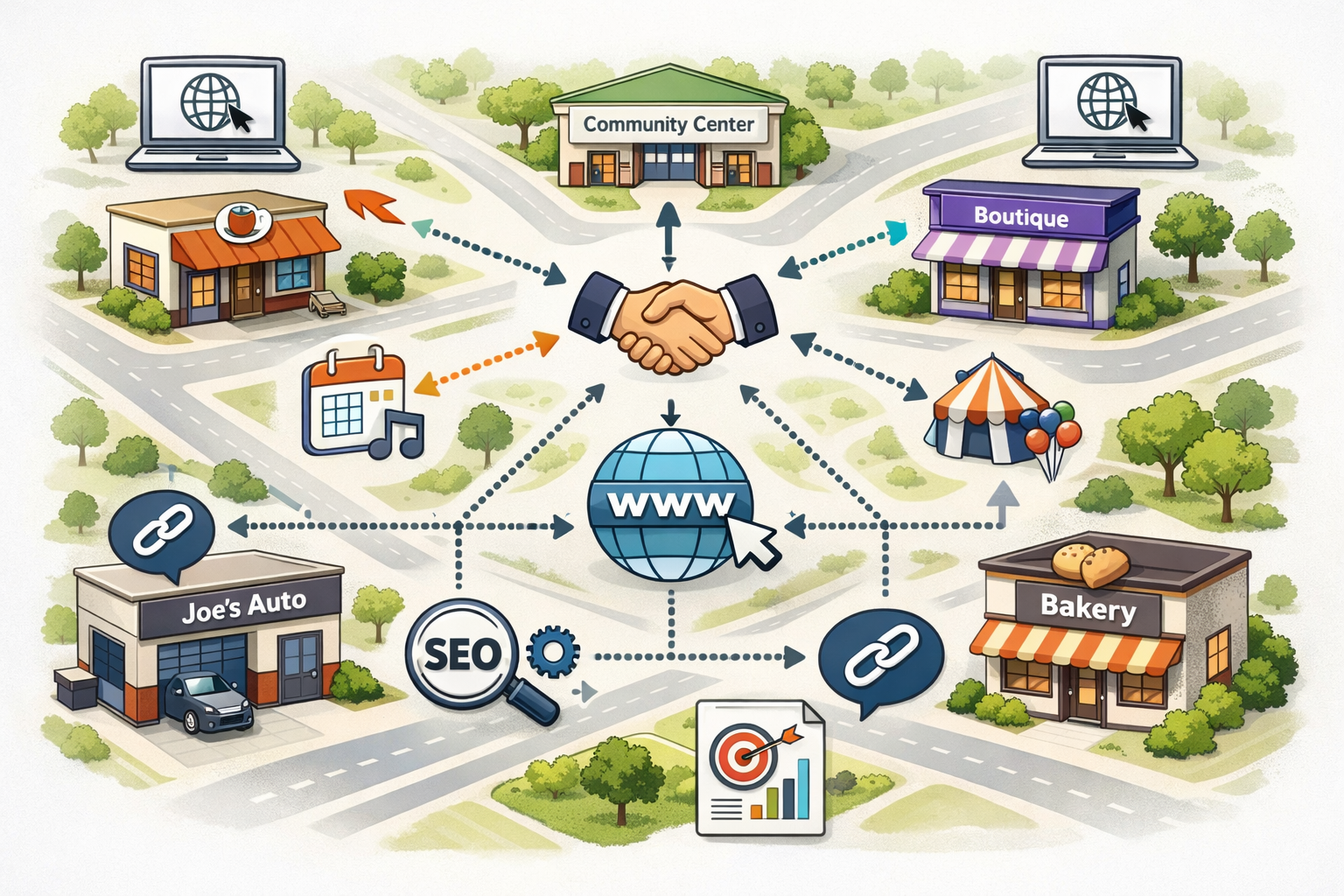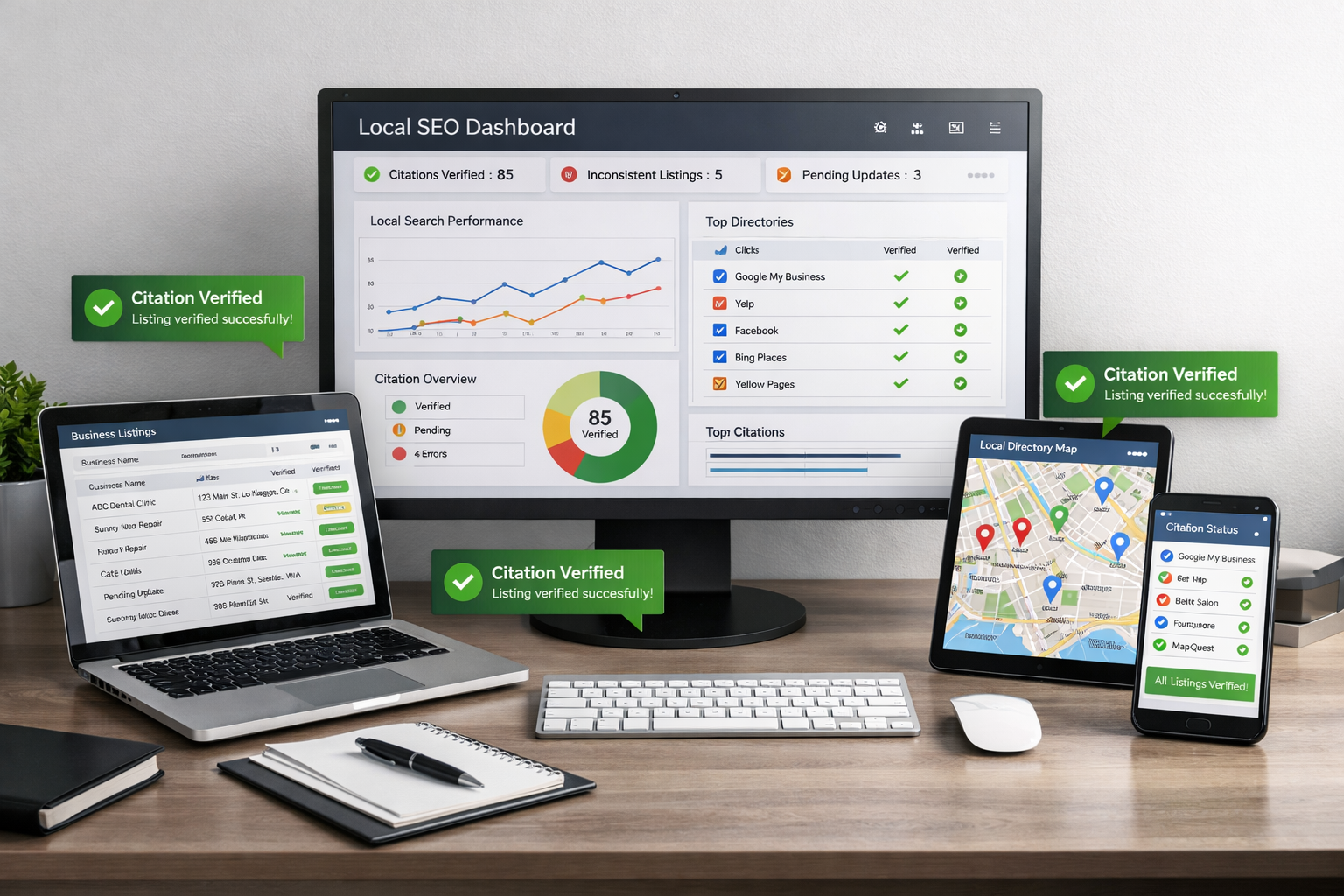How do customer reviews impact local SEO performance?
Customer reviews have become one of the most powerful tools for local businesses seeking to outrank competitors and attract new customers through search engines like Google. Today, positive, authentic feedback is not just social proof—it’s a direct catalyst for improved visibility in local search results. Below is an in-depth exploration of how customer reviews impact local SEO performance, including technical factors, trust signals, management strategies, and actionable tips for leveraging feedback to drive business growth.
The Power of Reviews in Local SEO
Customer reviews are now a major factor in how Google and other search engines rank local businesses in map packs and organic results. Reviews influence three pillars of local search: relevance, distance, and prominence. Search engines use review quantity, quality, and recency to help measure a business’s credibility and popularity in its community.
A steady stream of high-quality, authentic reviews not only boosts your website’s authority but also increases click-through rates (CTR) and conversions by instilling confidence in potential customers. Google’s algorithm places significant value on review signals, so businesses that actively manage and encourage reviews have a definite edge in local search rankings.
Review Quantity, Quality, and Recency: The Three Essential Metrics
The number of reviews a business accumulates (quantity), the overall star rating (quality), and how often new reviews are posted (recency) all contribute directly to local ranking performance. A business with fifty reviews and a 4.6-star rating consistently outperforms one with ten perfect reviews due to Google’s preference for robust signals.
- Quantity: Signals popularity and trust among consumers, helping push the business higher in search listings.
- Quality: Positive ratings are linked to higher conversions and inspire confidence both in customers and search engines.
- Recency: Fresh reviews signal that a business is active and relevant, which search engines favor over dormant competitors.
Keywords in Reviews: Amplifying Relevance
Customer reviews often naturally include keywords related to your products, services, and location, which can enhance your SEO. These keywords, combined with authentic customer language, help search engines better understand your business context and relevance, broadening the terms for which your site can rank.
Encouraging customers to mention specific services or products—without scripting their feedback—can reinforce local relevance with search algorithms. This organic keyword inclusion increases the likelihood of appearing for long-tail queries and niche local searches.
Responding to Reviews: Engagement Matters
Active engagement with reviews—positive or negative—is a strong trust signal for search engines and customers alike. When businesses reply to reviews using relevant terms and demonstrate attentiveness to feedback, Google recognizes the business as active, improving its local ranking and reputation.
Timely responses also encourage further reviews and show prospective clients that their feedback will be valued. This dynamic interaction helps maintain a positive feedback loop: higher rankings attract more reviews, and more reviews boost rankings further.
Negative Reviews: Risks and Opportunities
Negative reviews, while daunting, are an inevitable part of doing business. Their impact on SEO depends on whether they are isolated incidents or part of a persistent trend. A cluster of recent negative reviews may lower visibility and erode customer trust. However, promptly and thoughtfully addressing criticism can mitigate this effect, demonstrate transparency, and sometimes convert dissatisfied clients into loyal advocates.
Unattended negative reviews, on the other hand, can create long-term obstacles for local SEO by reducing click-through rates (CTR) and destroying reputational value. Proactive management and constructive engagement are essential.
User-Generated Content (UGC) and SEO Authority
Customer reviews are a form of user-generated content, which search engines regard as authentic, relevant, and trustworthy. UGC enriches your site with fresh, diverse perspectives, naturally broadening your keyword profile and signaling to search engines that your business is credible and authoritative.
Effective UGC strategies—such as showcasing testimonials, integrating reviews with product pages, and sharing positive feedback on social channels—amplify organic reach and build a strong SEO foundation.
Review Management Strategies for Local Businesses
Managing and optimizing reviews requires a disciplined approach:
- Solicit Feedback: Ask satisfied customers to share their experiences after completing a transaction. Make review requests routine without being intrusive.
- Monitor Multiple Platforms: Google, Facebook, Yelp, and industry-specific sites all contribute to SEO signals. Track review activity across these channels for a comprehensive strategy.
- Respond Promptly: Always reply to reviews, thanking clients for praise and addressing concerns in negative feedback.
- Leverage Soft Incentives: Encourage reviews through loyalty programs or small gestures, but avoid practices frowned upon by Google.
- Use Analytics: Review management tools help monitor key metrics, detect negative trends, and measure response impact.
Google Maps and Google Business Profile: The Review Connection
Reviews on your Google Business Profile (GBP) and Google Maps have a substantial impact on your prominence in local search results and map packs. High ratings, detailed feedback, and regular activity are weighted heavily by algorithms determining which businesses are showcased at the top.
Maintaining a well-optimized GBP with accurate information, photos, and consistent review engagement is critical to dominating local search for relevant queries.
Reviews as Trust Signals in E-E-A-T Era
Google increasingly prioritizes Experience, Expertise, Authority, and Trustworthiness (E-E-A-T) in ranking criteria. Reviews are a direct contributor to these values, with authentic feedback providing real-world proof of product quality and service standards.
Establishing a robust review portfolio not only supports SEO but also appeals to discerning customers who value transparent, trustworthy companies.
The Feedback Loop: Reviews Driving Growth and Visibility
A healthy cycle emerges when businesses cultivate a proactive review strategy: positive reviews drive higher search rankings, attract more customers, and produce more feedback, creating mutual reinforcement for both SEO and reputation. A well-managed review ecosystem can be a decisive differentiator in competitive local markets.
Advanced Tactics: Schema, NAP Consistency, and AI Platforms
Schema markup, business listing accuracy (Name, Address, Phone), and visibility across AI-driven platforms like ChatGPT and Gemini are the next frontier in reputation-driven SEO strategies. Hyper-local, semantic content creation and monthly review monitoring help businesses adapt to the evolving digital landscape and maximize their online presence.
Consistent NAP data and schema implementation ensure reviews are attributed correctly across platforms, boosting trust signals and cross-platform local rankings.
FAQ: Customer Reviews and Local SEO
Q1: How many reviews do I need to impact local SEO?
While there’s no magic number, most experts agree that a steady stream of recent, high-quality reviews—ideally exceeding competitors—will improve local search visibility.
Q2: Does replying to reviews help with ranking?
Yes, responding to reviews boosts trust, signals engagement, and can help search engines better understand your offerings based on your replies.
Q3: Can negative reviews hurt my SEO?
Yes, especially if they are numerous and left unaddressed. However, thoughtful replies and improvements based on feedback can actually benefit reputation and rankings over time.
Q4: What review platforms matter most for local SEO?
Google reviews (Maps and Business Profile) are paramount, but third-party aggregators and industry-specific sites also contribute signals to Google’s algorithm.
Q5: Should I incentivize reviews?
Encouraging reviews is vital, but avoid outright incentives that could violate platform policies. Soft incentives, like loyalty programs, may be a safer alternative.
Q6: How fast do reviews affect my local ranking?
New reviews can influence local rankings within days to weeks; ongoing momentum is necessary for long-term success.
Q7: Are keywords in customer reviews important?
Absolutely. Keywords relevant to your services and location naturally included in reviews help reinforce business relevance for critical queries.
Q8: What is NAP consistency, and why does it matter?
NAP stands for Name, Address, and Phone. Consistency across all listings ensures reviews are correctly attributed and local signals remain strong.
Q9: How can I get more reviews?
Make it easy for customers to leave feedback, ask after transactions, use email follow-ups, and leverage loyalty programs if appropriate.
Q10: Can user-generated content like reviews improve authority?
Yes, UGC is a key factor in boosting site authority, credibility, and long-tail keyword visibility within search algorithms.
By integrating customer reviews into a disciplined local SEO strategy, businesses can unlock greater search visibility, build lasting trust, and drive both online and offline growth.











